Key Insights
1. The Best Legal Systems Reduce the Need for Legal
Matt emphasizes that effective legal teams don’t insert themselves into every decision.
Instead, they create frameworks, templates, and guardrails that allow teams to move independently.
When legal is constantly required, it’s often a sign that systems haven’t scaled.
2. Product Velocity Depends on Legal Predictability
Product teams move fastest when they know what’s allowed and where boundaries lie.
Matt explains that unclear or inconsistent legal guidance creates hesitation and rework.
Clear rules, standard positions, and fast escalation paths reduce friction and keep teams shipping.
3. Legal Must Understand How Products Are Built
Product counseling requires more than legal expertise — it requires understanding workflows, incentives, and tradeoffs.
Matt stresses that GCs and legal teams must deeply understand how products are designed, launched, and iterated.
This context enables legal advice that fits reality rather than theory.
4. Not Every Risk Deserves the Same Attention
Over-weighting low-impact risks slows organizations unnecessarily.
Matt advocates for explicit risk prioritization, where legal energy is focused on issues with real downside.
This clarity allows teams to accept manageable risk while protecting the company where it matters most.
5. Trust Is Earned Through Consistency, Not Control
Product teams engage legal earlier when they trust the response won’t be arbitrary or overly cautious.
Matt notes that consistency in legal guidance builds credibility over time.
Trust turns legal into a partner rather than a gatekeeper.
6. The GC’s Job Is to Design for Scale, Not Heroics
As companies grow, relying on individual judgment doesn’t scale.
Matt explains that GCs must shift from solving problems personally to designing systems that solve problems repeatedly.
This systems mindset is essential for sustainable growth.
7. Closing Insight
The most effective legal teams don’t slow companies down — they quietly make speed possible.
Matt Tanielian’s perspective highlights why modern GCs must think like system designers, not just legal advisors.
In this podcast, we cover
0:00 Introduction
4:07 Attending law school in Washington, D.C.
5:24 Working for a committee vs. working for a congressperson
7:42 Questioning whether policy work requires a law degree
10:59 Launching your own government relations firm
14:10 Analyzing the evolving conversation around around tech in Washington
16:46 Hiring your company’s first government relations consultant
22:26 Joining and organizing coalitions and industry organizations
27:52 Choosing who will represent your company in D.C.
30:01 Avoiding common mistakes
32:04 Envisioning the future of AI policy
36:14 Advising companies during an election year
37:44 Tracking the changing nature of lobbying
39:52 Book recommendations
42:04 Lobbying vs. government relations
44:33 What you wish you’d known as a young lawyer

.svg)








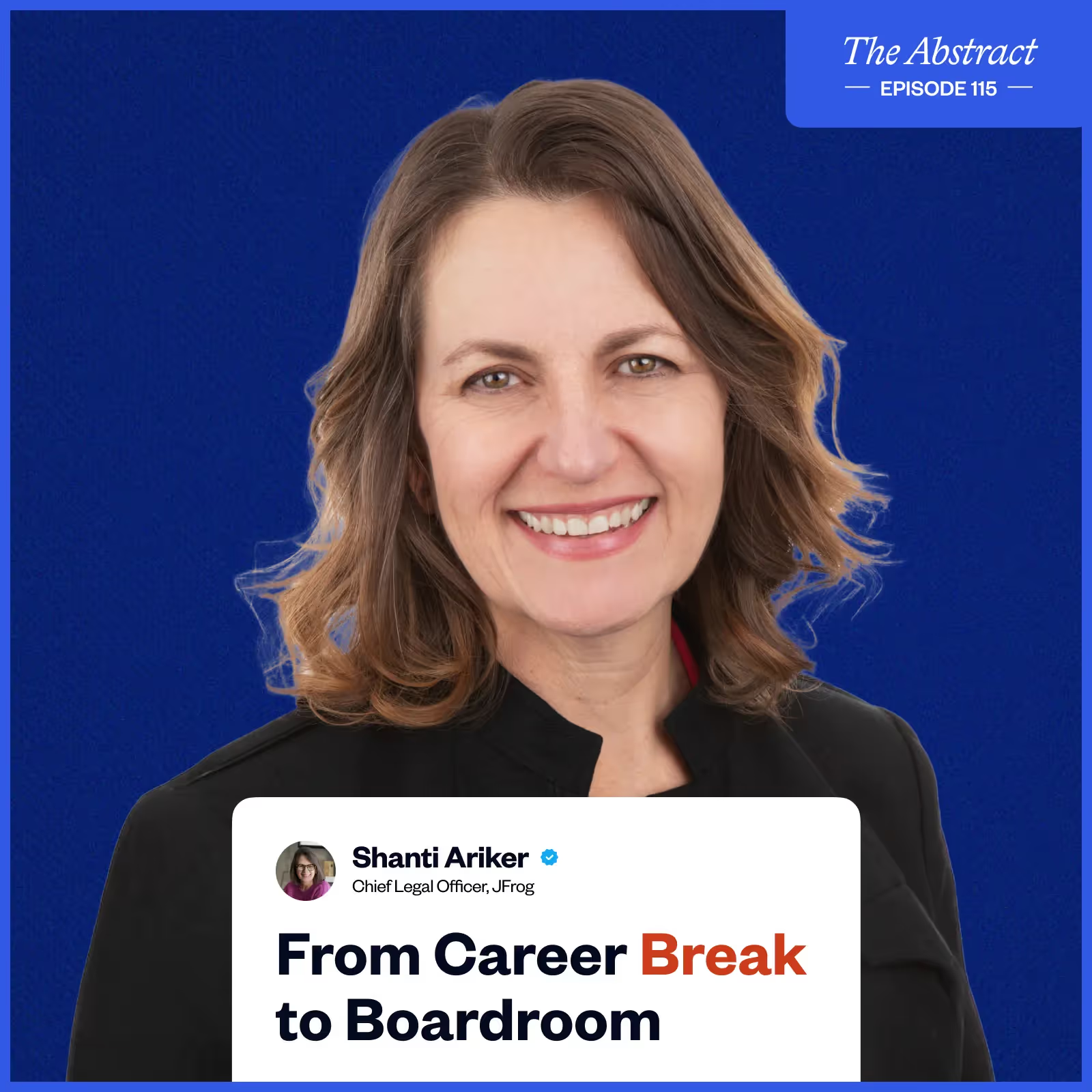
.svg)
.svg)




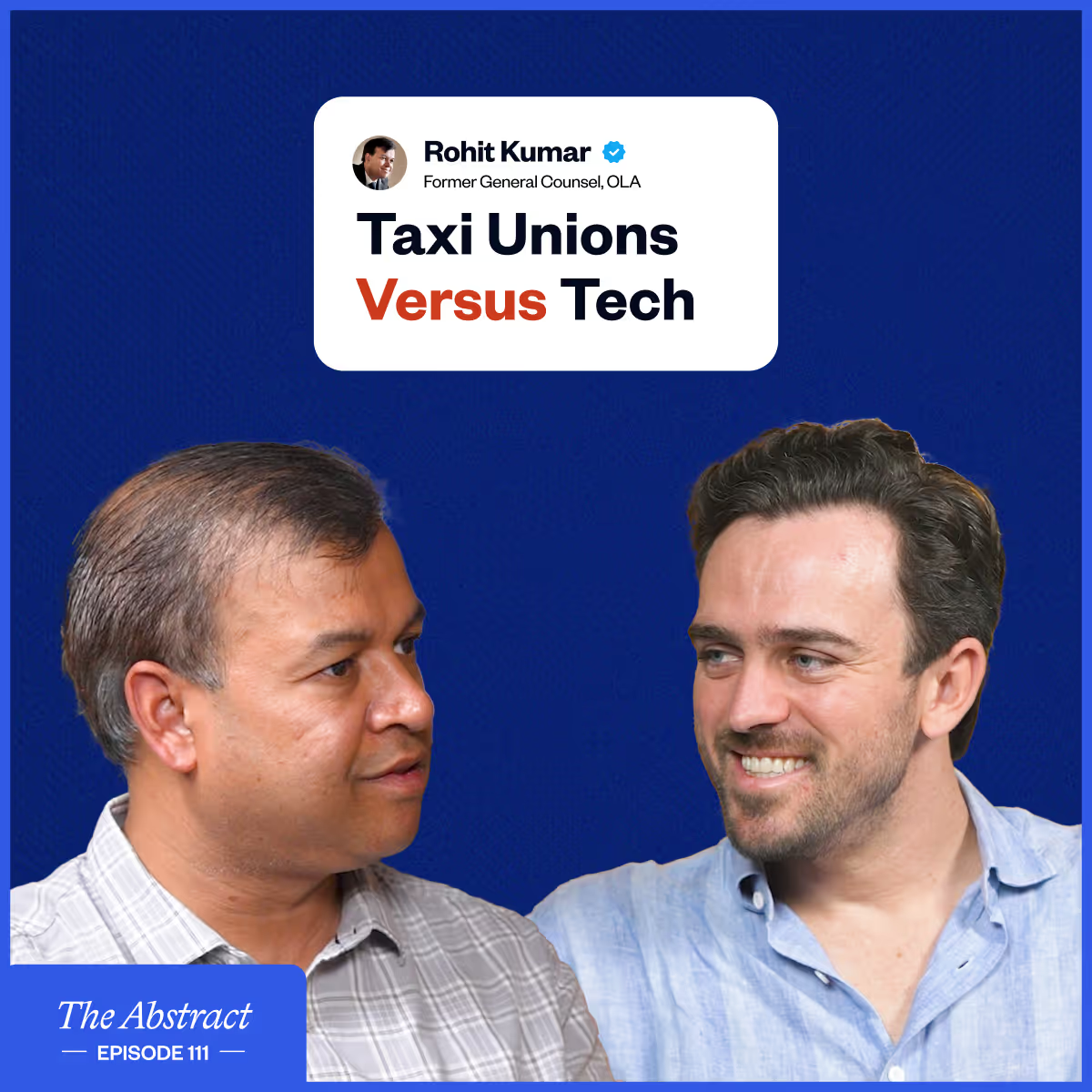
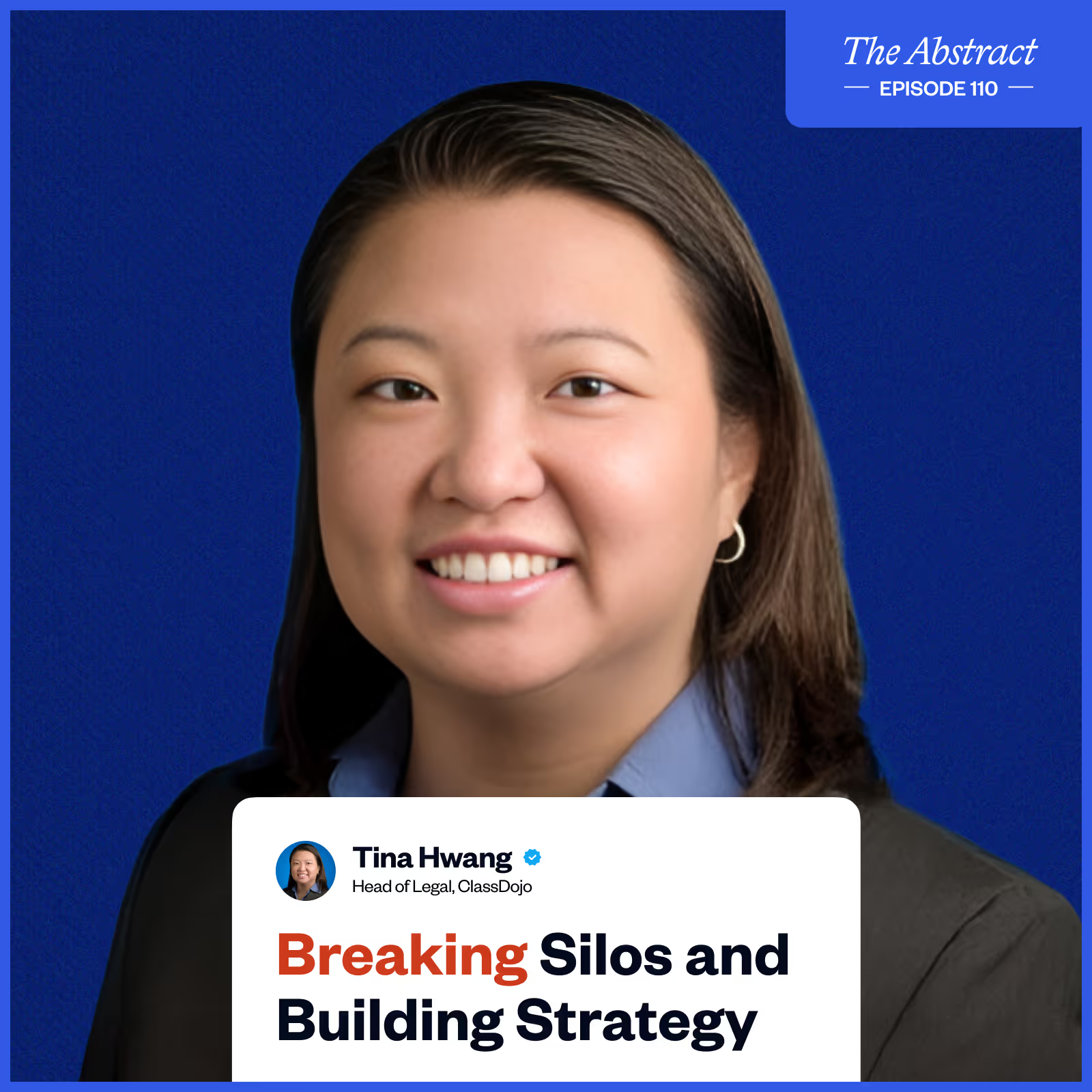
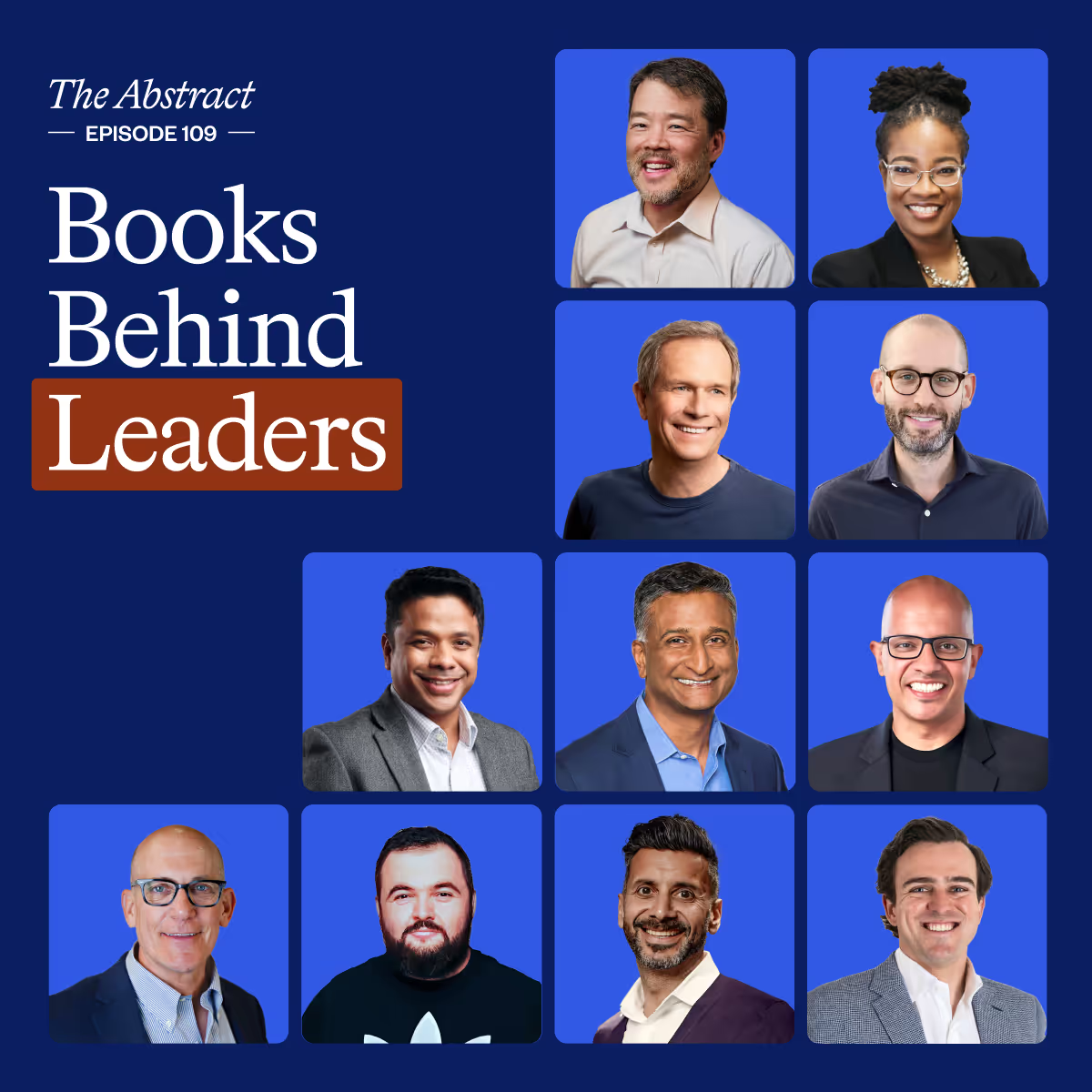

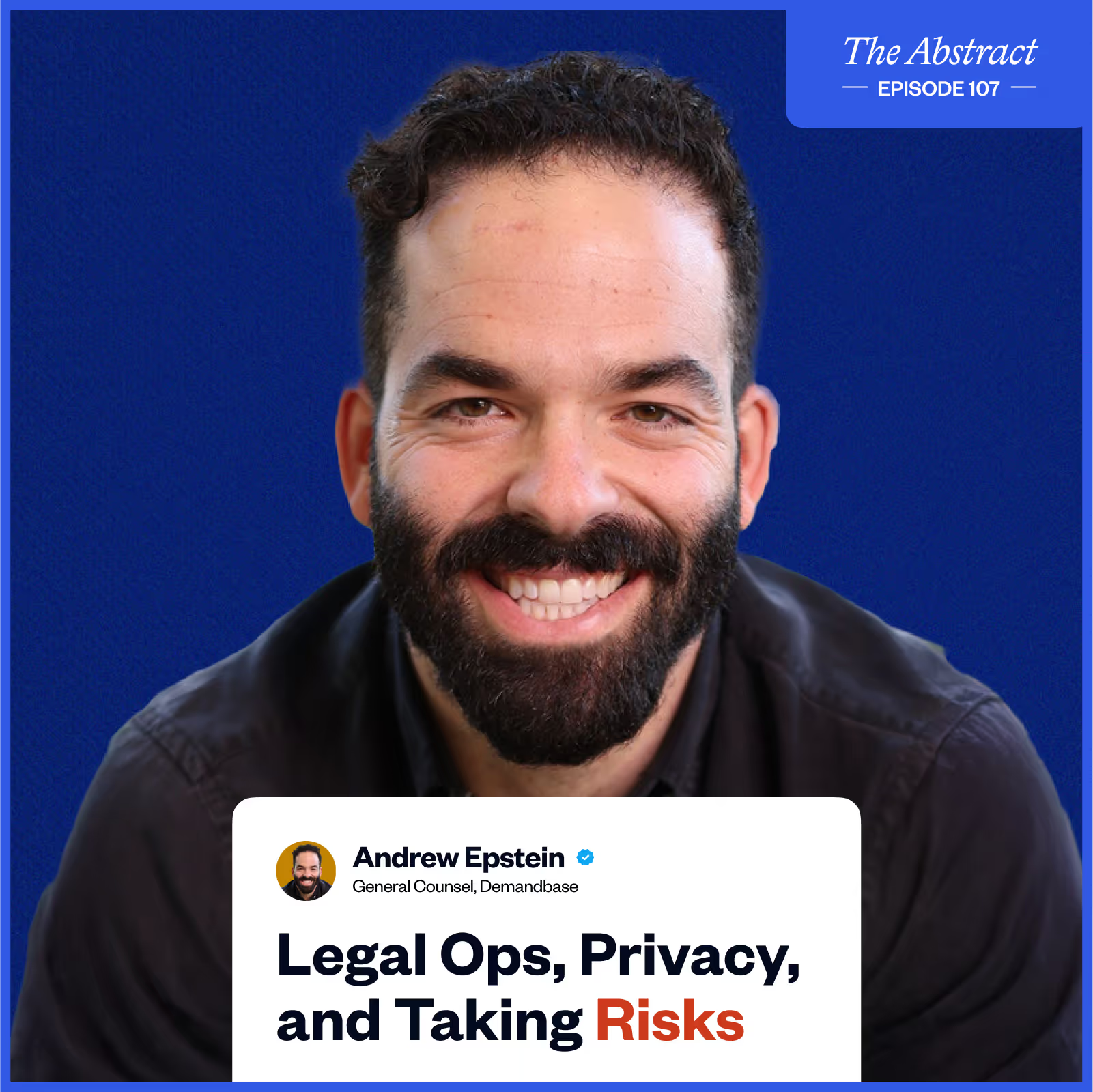


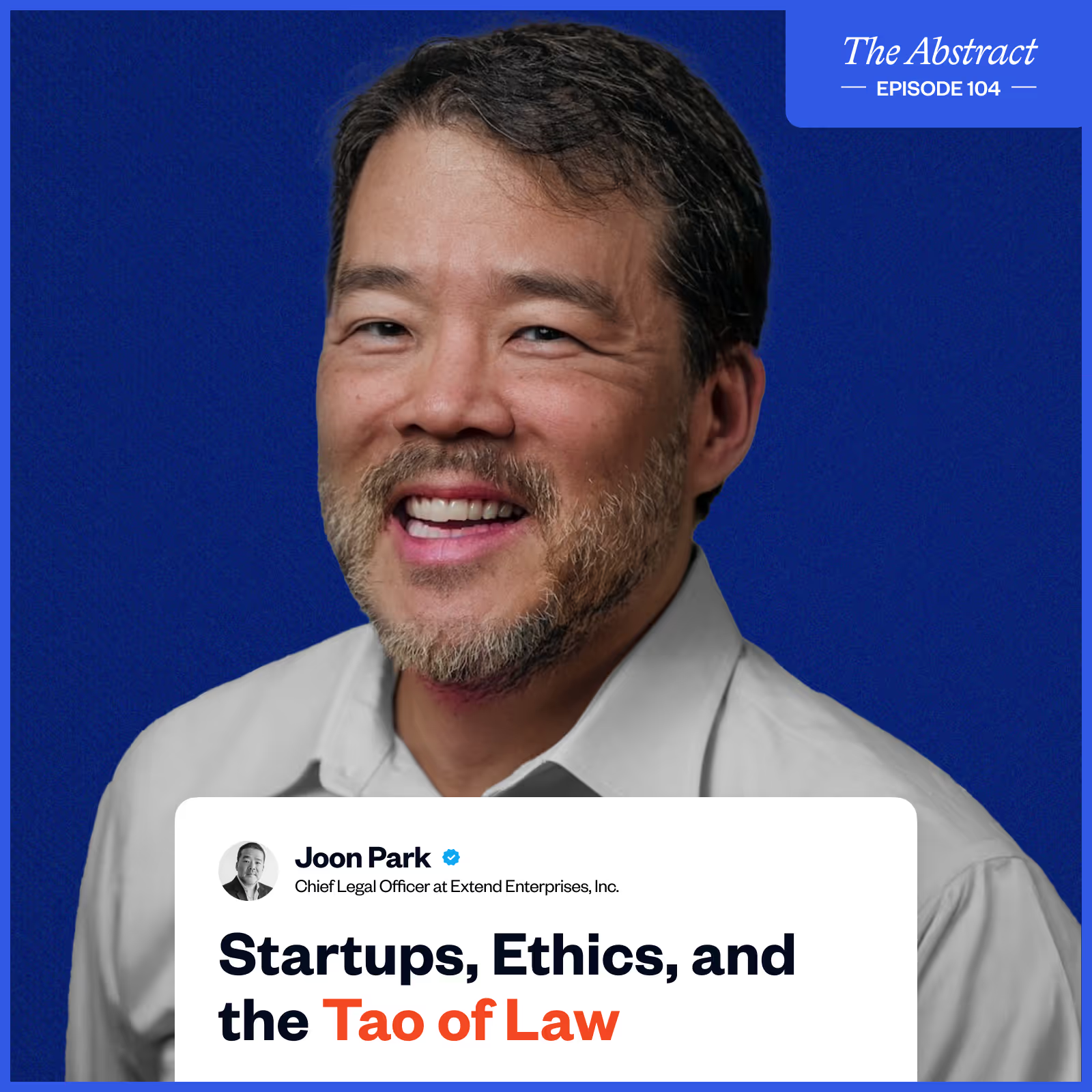









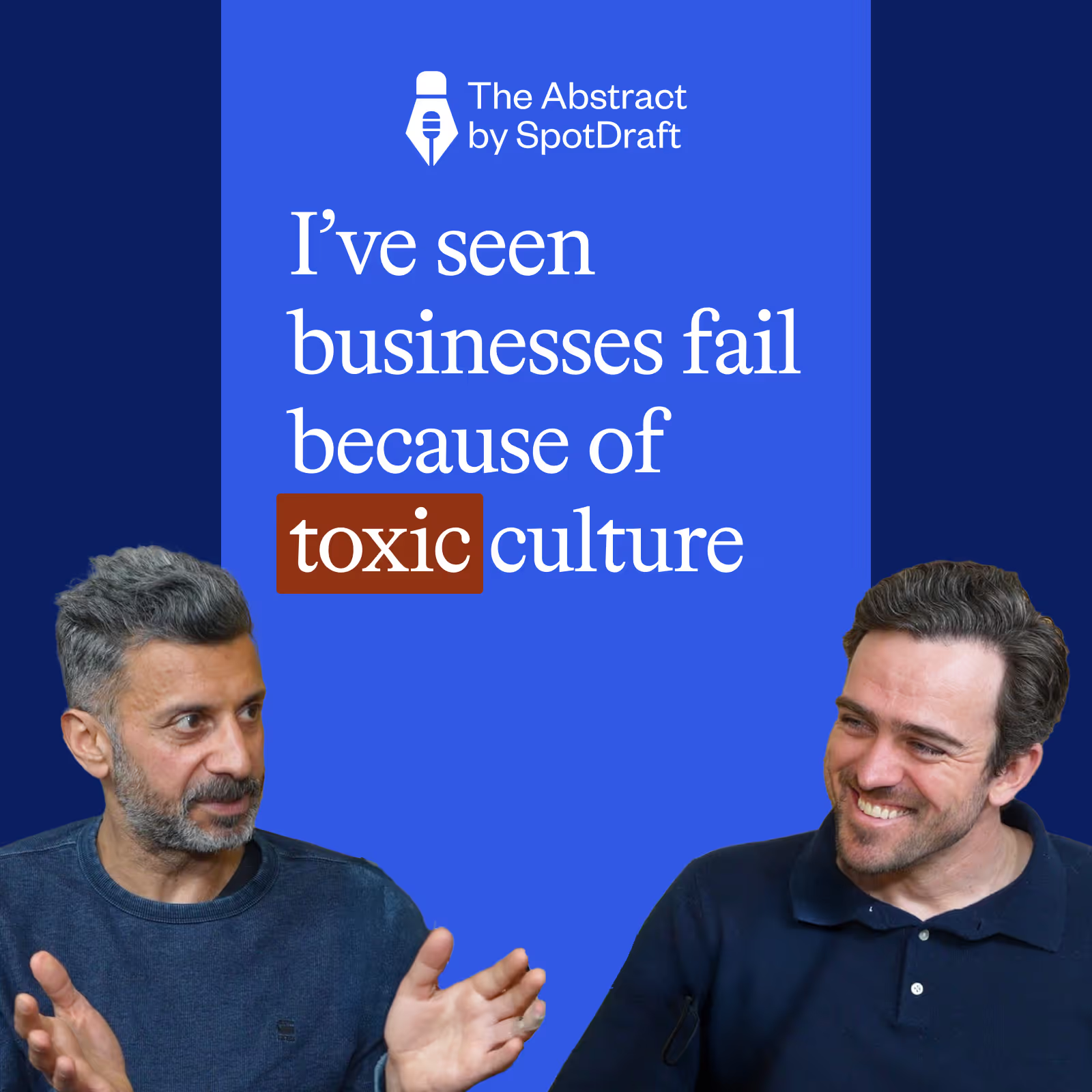

















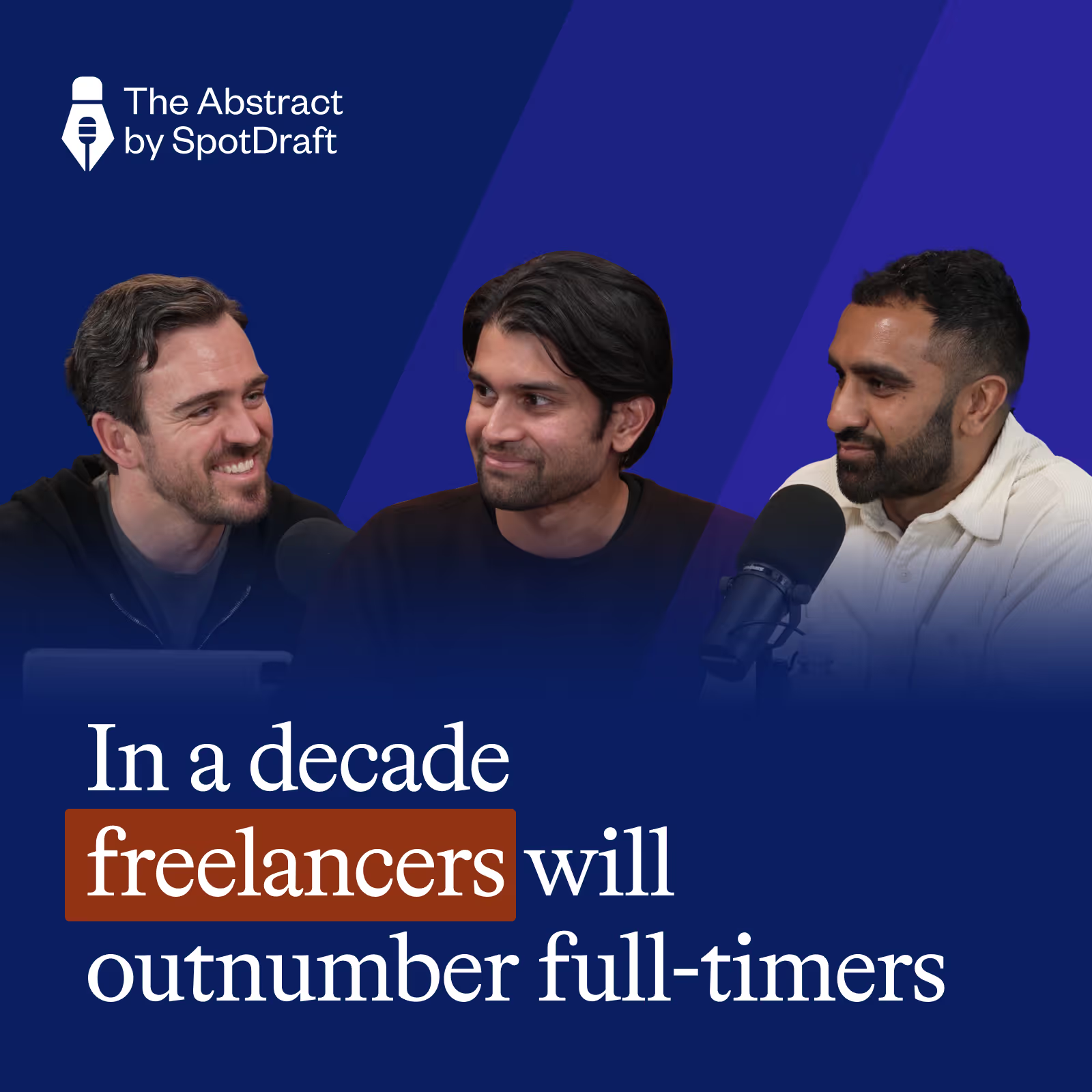










































.avif)







.avif)








